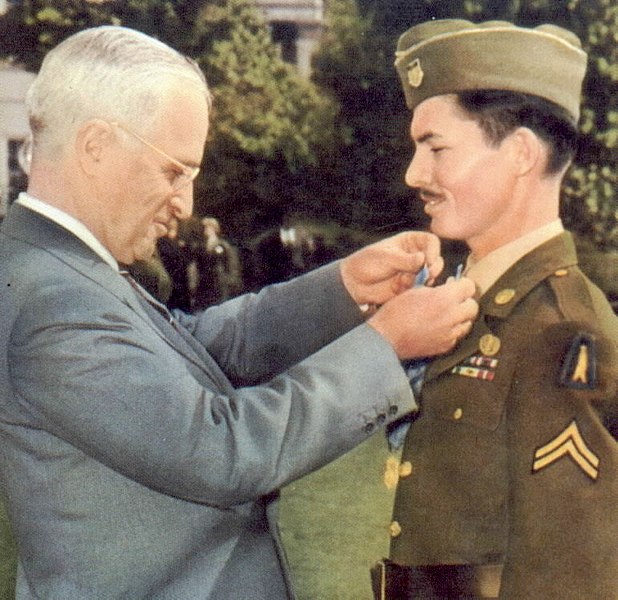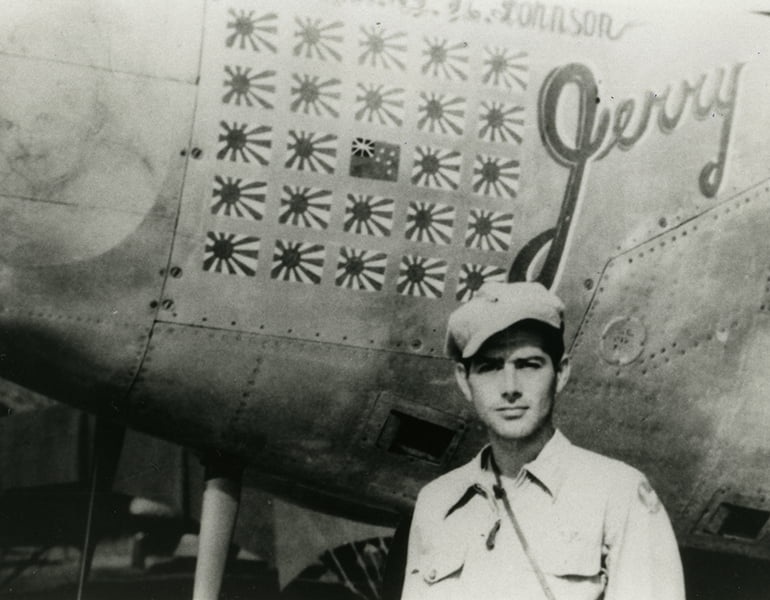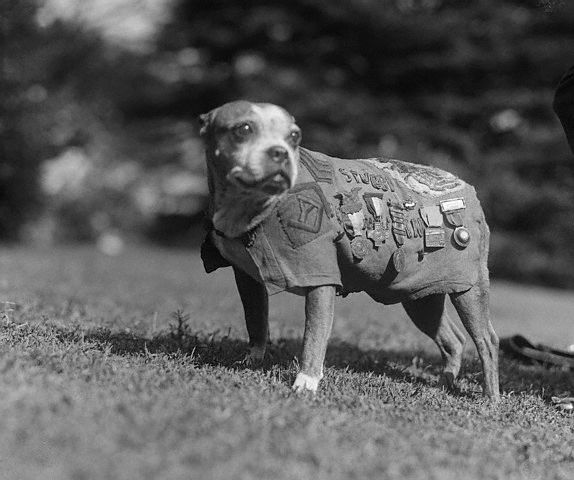Desmond Doss was an American Army medic who served during World War II. He gained widespread recognition for his remarkable bravery and adherence to his religious beliefs as a conscientious objector. Doss, a Seventh-day Adventist, refused to carry a weapon or harm another human being.
Despite facing skepticism and discrimination from his fellow soldiers, Doss remained steadfast in his commitment to serve his country as a medic. He voluntarily enlisted in the Army and was assigned to the 77th Infantry Division and, for his heroism and selflessness, Desmond Doss was awarded the Medal of Honor, the highest military decoration in the United States.
Who Was Desmond Doss?
Desmond Doss was born on February 7, 1919, in Lynchburg, Virginia, USA. He grew up in a devout Seventh-day Adventist family, deeply influenced by his parents’ strong Christian beliefs. From a young age, Doss was taught the principles of non-violence, compassion, and the sanctity of life, which would later shape his actions during his military service.
During his youth, Doss experienced the hardships of the Great Depression, which instilled in him a sense of duty to help others and serve his community. Despite facing financial struggles, Doss remained committed to his education and graduated from high school.
When World War II broke out, Doss felt a strong sense of patriotism and a desire to contribute to the war effort. However, as a devout Seventh-day Adventist and a conscientious objector, he refused to bear arms or participate in activities that went against his religious beliefs.
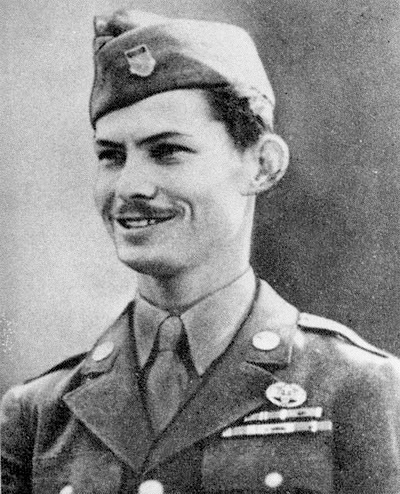
Doss Life as a Non-Combatant Medic in WW2
Despite facing skepticism and ridicule from his peers and superiors, Doss made the courageous decision to enlist in the U.S. Army in April 1942. He joined as a conscientious objector, expressing his willingness to serve as a non-combatant medic and adhere to his beliefs while still providing medical aid to his fellow soldiers.
As a non-combatant medic, Doss faced numerous challenges and obstacles. He endured harassment and discrimination from some of his fellow soldiers, who viewed his refusal to carry a weapon as a sign of weakness. However, Doss remained resolute in his convictions and refused to compromise his principles, even when pressured to do so by his superiors.
Throughout his service, Doss demonstrated exceptional courage and selflessness on the battlefield. He risked his own life countless times to rescue wounded soldiers, often under heavy enemy fire. His bravery and compassion earned him the respect and admiration of his comrades, many of whom had initially doubted his abilities.
Despite the dangers he faced, Doss never wavered in his commitment to saving lives and providing aid to those in need. He continued to serve as a medic until the end of the war, earning numerous awards and decorations for his bravery and devotion to duty.
Desmond Doss' Medals and Awards
Desmond Doss received several medals and decorations for his extraordinary bravery and selflessness as a medic during World War II. Among the honors he received are:
Medal of Honor: Doss was awarded the Medal of Honor, the highest military decoration in the United States, for his heroic actions during the Battle of Okinawa. He became the first conscientious objector to receive this prestigious award. Doss’s citation for the Medal of Honor praised his “outstanding bravery and unflinching determination in the face of desperately dangerous conditions.”
Bronze Star Medal: Doss was also awarded the Bronze Star Medal for his heroic achievement in a combat zone. The Bronze Star is awarded for acts of heroism, merit, or meritorious service in a combat zone.
Purple Heart: Doss received the Purple Heart, a military decoration awarded to members of the armed forces who are wounded or killed in action. He was wounded multiple times during his service as a medic, including during the Battle of Okinawa.
Citation: Private First Class Desmond T. Doss, United States Army, Medical Detachment, 307th Infantry, 77th Infantry Division. Near Urasoe-Mura, Okinawa, Ryukyu Islands, 29 April – 21 May 1945. He was a company aid man when the 1st Battalion assaulted a jagged escarpment 400 feet high. As our troops gained the summit, a heavy concentration of artillery, mortar and machinegun fire crashed into them, inflicting approximately 75 casualties and driving the others back. Private First Class Doss refused to seek cover and remained in the fire-swept area with the many stricken, carrying them one by one to the edge of the escarpment and there lowering them on a rope-supported litter down the face of a cliff to friendly hands. On 2 May, he exposed himself to heavy rifle and mortar fire in rescuing a wounded man 200 yards forward of the lines on the same escarpment; and two days later he treated four men who had been cut down while assaulting a strongly defended cave, advancing through a shower of grenades to within eight yards of enemy forces in a cave’s mouth, where he dressed his comrades’ wounds before making four separate trips under fire to evacuate them to safety. On 5 May, he unhesitatingly braved enemy shelling and small arms fire to assist an artillery officer. He applied bandages, moved his patient to a spot that offered protection from small-arms fire and, while artillery and mortar shells fell close by, painstakingly administered plasma. Later that day, when an American was severely wounded by fire from a cave, Private First Class Doss crawled to him where he had fallen 25 feet from the enemy position, rendered aid, and carried him 100 yards to safety while continually exposed to enemy fire. On 21 May, in a night attack on high ground near Shuri, he remained in exposed territory while the rest of his company took cover, fearlessly risking the chance that he would be mistaken for an infiltrating Japanese and giving aid to the injured until he was himself seriously wounded in the legs by the explosion of a grenade. Rather than call another aid man from cover, he cared for his own injuries and waited five hours before litter bearers reached him and started carrying him to cover. The trio was caught in an enemy tank attack and Private First Class Doss, seeing a more critically wounded man nearby, crawled off the litter and directed the bearers to give their first attention to the other man. Awaiting the litter bearers’ return, he was again struck, this time suffering a compound fracture of one arm. With magnificent fortitude he bound a rifle stock to his shattered arm as a splint and then crawled 300 yards over rough terrain to the aid station. Through his outstanding bravery and unflinching determination in the face of desperately dangerous conditions Private First Class Doss saved the lives of many soldiers. His name became a symbol throughout the 77th Infantry Division for outstanding gallantry far above and beyond the call of duty.
October 12, 1945
THE WHITE HOUSE
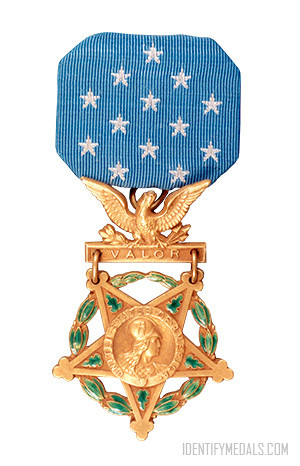
The U.S. Medal of Honor
The Medal of Honor is the United States of America’s most prestigious personal military decoration, awarded for acts of valor.
All of Doss' Medals
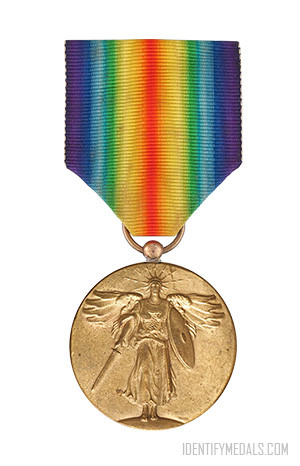
The Inter Allied Victory Medal (United States)
The American Victory Medal was designed by James Earle Fraser and awarded to military personnel for service between 1917 and 1918.
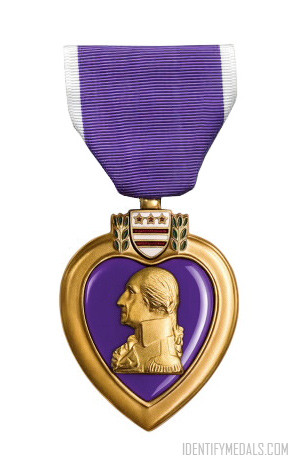
The Purple Heart
The Purple Heart is a military decoration from the United States awarded to those wounded or killed while serving with the U.S. military.
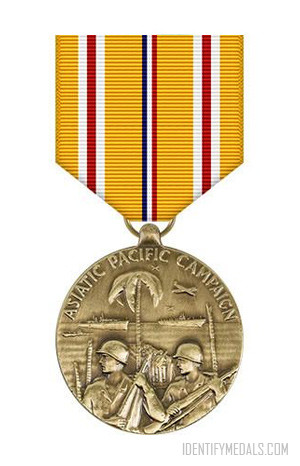
The Asiatic-Pacific Campaign Medal
The Asiatic–Pacific Campaign Medal was awarded to any U.S. Armed Forces member who had served in the Asiatic-Pacific Theater during WW2.
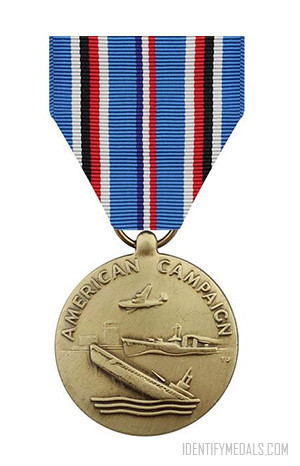
The American Campaign Medal
The American Campaign Medal is a United States Armed Forces military award created on November 6, 1942.

The U.S. Medal of Honor
The Medal of Honor is the United States of America’s most prestigious personal military decoration, awarded for acts of valor.
The complete list is:
- Combat Medical Badge
- Medal of Honor Bronze Star Medal with 1 oak leaf cluster
- Purple Heart with 2 oak leaf clusters
- Good Conduct Medal
- American Campaign Medal
- Asiatic–Pacific Campaign Medal with arrowhead device and 3 3⁄16″ bronze stars
- World War II Victory Medal
- Philippine Liberation Medal with 1 3⁄16″ bronze service star
- Army Presidential Unit Citation Meritorious Unit Commendation
- 77th Infantry Division SSI
Doss’s decision to join the war was driven by his deep-seated beliefs in pacifism, compassion, and service to others. His unwavering commitment to his principles, even in the face of adversity, would later earn him the admiration and respect of people around the world.

